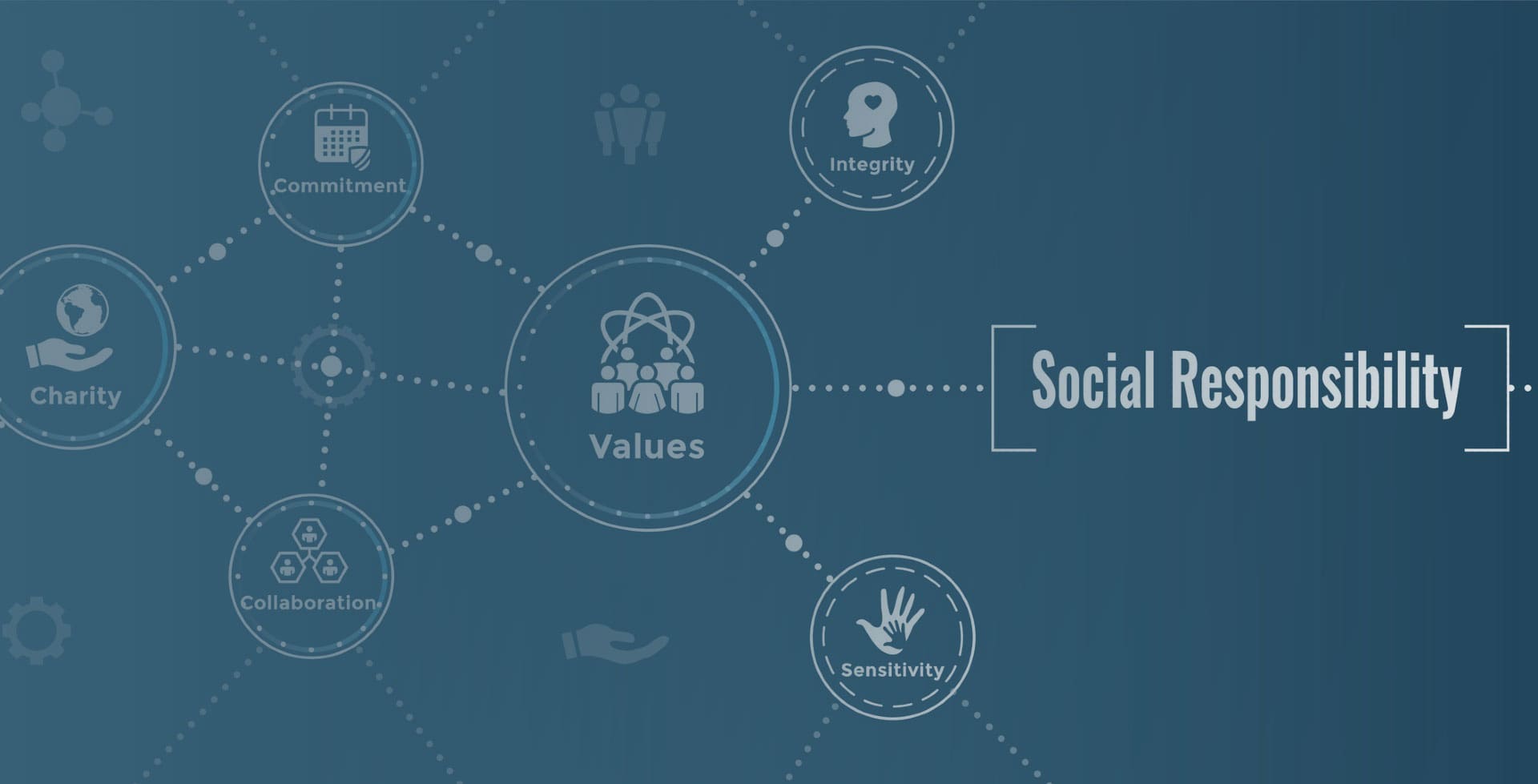Giuliana Cian, Manager
ESG is becoming more of a priority on the agenda of all private equity funds. Regardless of fund size, investment strategy or even geographical presence, ESG is now fundamentally changing the way we do business. As an industry, we’re becoming more aware of the need to educate ourselves in order to make the right investment decisions – not only for shareholders, but for society as whole. There is plenty of mounting evidence to make the case for having a purpose-driven strategy. As GPs, it’s our responsibility to understand what this means for our industry and the genesis of the key ESG drivers.
What are the ESG drivers for our industry?
In the early 2010s, ESG drivers used to be heavily compliance driven with most of the pressure coming from investors for reporting purposes, due to incoming legislation. However, requests at the time were focused almost exclusively on enhancing governance mechanisms. After a few years, as the quality of governance – and levels of reporting –increased across organisations, the attention was placed outward towards environmental and social factors.
Nowadays, all three categories (E, S & G) are universally recognized as equally important, but the approach has shifted from a static, compliance-driven approach, to a dynamic, value creation one. Whilst previously investors were satisfied with GPs complying with legislations and reporting standards, now the expectation is for us to be active instigators of positive change and demonstrate the value we are generating for society.
”"Social value is defined as the “the additional social, environmental and economic benefits created for society as a result of a business’s activity. These additional benefits to society – social value – can be measured and reported as financial and non-financial impacts”
Guy BattleCEO, Social Value Portal
It’s unsurprising that consumer sentiment is one of the more recent recognised drivers of ESG principles. There is increasing consumer pressure on our portfolio companies to provide lower-carbon products and services. People are prepared to change their shopping habits to help minimise ‘embodied carbon’ or the ‘carbon footprint’ associated with their purchases. This behaviour also applies to investors who ‘prefer sustainable assets amid a growing societal preference for sustainability’ (BlackRock Investment Institute 2020).

Consumer sentiment goes hand in hand with a personal motivation to ‘do the right thing’ – concerns around the positive environmental contribution of corporates are high, particularly among millennial employees. Almost two thirds (62%) of millennials agree that it’s important to them to know they are making a positive difference in the world (Global Millennial Survey 2020, Deloitte).
This goes to show how ESG is no longer an investor-led, compliance-driven requirement, but an important factor to sustain consumer satisfaction and profits, and key to attracting and retaining top talent.
Is it possible to unite impact with returns?
One of the biggest misconceptions about ESG is that by focusing on delivering social value, businesses will “take their eye off the ball” and profits will fall, at the expense of shareholders (Figure 1). Numerous economic and recognised finance industry leaders have been focusing on debunking this myth, for example:
- Speaking at the National Social Value Conference in 2020, Nigel Wilson, CEO of Legal and General highlighted this myth as a huge misunderstanding: “being socially useful or economically useful is not a zero-sum game” he said.
- In his 2021 letter to CEOs, BlackRock’s CEO Larry Fink emphasised that a business strategy focused on delivering purpose for customers, employees and communities will provide a competitive advantage in the long-term and durable profits for shareholders.
- Economist Alex Edmans in his most recent publication stresses that “when all members of an organization work together, bound by common purpose and focused on the long term, they create value in a way that enlarges the slices of everyone – shareholders, workers, customer, suppliers, the environment, communities and taxpayers” (Figure 2).
Welcome to the “pie-growing” mentality! Testimony that a company’s stakeholder capital is a financial issue for all investors and should therefore be on the agendas of all private equity funds.
What can we do?
We have a responsibility to educate ourselves, educate our colleagues and educate our management teams. According to the BVCA, there are approximately 5000 businesses in the UK currently backed by UK private equity and venture capital and altogether they employ c.a. £1m people. We have the power to drive sustainable change and support our portfolio companies to be commercially successful whilst also being socially responsible. It is not only an opportunity, but also our responsibility, to provide them with the long-term context necessary to thrive.
Here at Horizon Capital, in the last 12 months, we have been working on moving the dial on the ESG agenda. We have moved from a reactive, compliance driven ESG approach to a proactive reporting one. We have partnered with the Social Value Portal who have helped us develop a framework to measure the positive impact that our portfolio companies are generating from an ESG perspective.
With their help, we have also improved our corporate ESG Policy to reflect our current strategy and ambitions. Finally, we have assigned responsibilities to a senior team member to oversee the development of the strategy. In the next couple of months, we plan to use the expertise and structure we have developed to drive change and improvement across the portfolio.
Click here to find out more about how we incorporate ESG criteria into our investment approach.


